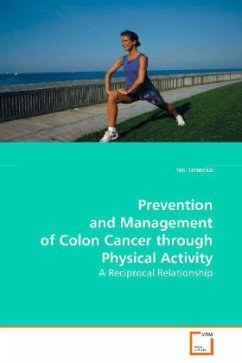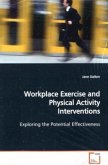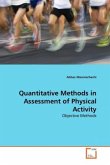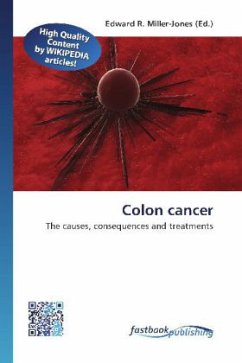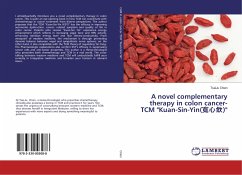Colon cancer is a serious public health problem,
costing lives, mounting economic losses, and a
growing financial hardship. The incidence of colon
cancer is increasing while the population''s fitness
is declining. Obesity, which is prevalent among
adults and children, forecasts growing health
problems, including colon cancer. Physical activity
is beneficial to human health. It favourably impacts
the incidence of many diseases, including colon
cancer. The interplay of physical activity and colon
cancer takes place on multiple levels, resulting in
lower cancer risk. The scientific literature has
shown a preponderance of evidence that physical
activity is beneficial because it significantly
lowers colon cancer incidence. What is not uniformly
agreed upon is how this takes place because there are
many plausible pathways of influence. The purpose of
this study was to study the relationship between
colon cancer and physical activity. Pertinent
archival literature has been examined with the use of
content analysis methodology. In addition to
obtaining relational information among the search
results, the researcher identified a common
denominator to both colon cancer and physical
activity. Colon cancer etiologic categories were
identified from the literature: age/genetics;
diet/obesity; vitamin D; calcium;
immunity/inflammation; and bioactive substances
incorporating insulin-like growth factor 1 (IGF-1),
interleukins, and prostaglandins. Physical activity
exerts a positive health benefit within each of the
colon cancer etiologic categories, thus lessening the
cancer risk. Melatonin was identified as the common
denominator, the missing link, of colon cancer and
physical activity which has a reciprocal relationship
to each. Melatonin plays a role within each of the
etiologic categories, as cancer risk factors diminish
its level while physical activity enhances its
presence. Colon cancer incidence can be substantially
reduced with physical activity. Increasing physical
activity is a priority in colon cancer control on an
individual and a societal level. The fact that
melatonin, an important cancer-reducing substance and
a common denominator to colon cancer and physical
activity, can be enhanced by physical activity allows
a cost-effective cancer preventive steps for any
population.
costing lives, mounting economic losses, and a
growing financial hardship. The incidence of colon
cancer is increasing while the population''s fitness
is declining. Obesity, which is prevalent among
adults and children, forecasts growing health
problems, including colon cancer. Physical activity
is beneficial to human health. It favourably impacts
the incidence of many diseases, including colon
cancer. The interplay of physical activity and colon
cancer takes place on multiple levels, resulting in
lower cancer risk. The scientific literature has
shown a preponderance of evidence that physical
activity is beneficial because it significantly
lowers colon cancer incidence. What is not uniformly
agreed upon is how this takes place because there are
many plausible pathways of influence. The purpose of
this study was to study the relationship between
colon cancer and physical activity. Pertinent
archival literature has been examined with the use of
content analysis methodology. In addition to
obtaining relational information among the search
results, the researcher identified a common
denominator to both colon cancer and physical
activity. Colon cancer etiologic categories were
identified from the literature: age/genetics;
diet/obesity; vitamin D; calcium;
immunity/inflammation; and bioactive substances
incorporating insulin-like growth factor 1 (IGF-1),
interleukins, and prostaglandins. Physical activity
exerts a positive health benefit within each of the
colon cancer etiologic categories, thus lessening the
cancer risk. Melatonin was identified as the common
denominator, the missing link, of colon cancer and
physical activity which has a reciprocal relationship
to each. Melatonin plays a role within each of the
etiologic categories, as cancer risk factors diminish
its level while physical activity enhances its
presence. Colon cancer incidence can be substantially
reduced with physical activity. Increasing physical
activity is a priority in colon cancer control on an
individual and a societal level. The fact that
melatonin, an important cancer-reducing substance and
a common denominator to colon cancer and physical
activity, can be enhanced by physical activity allows
a cost-effective cancer preventive steps for any
population.

